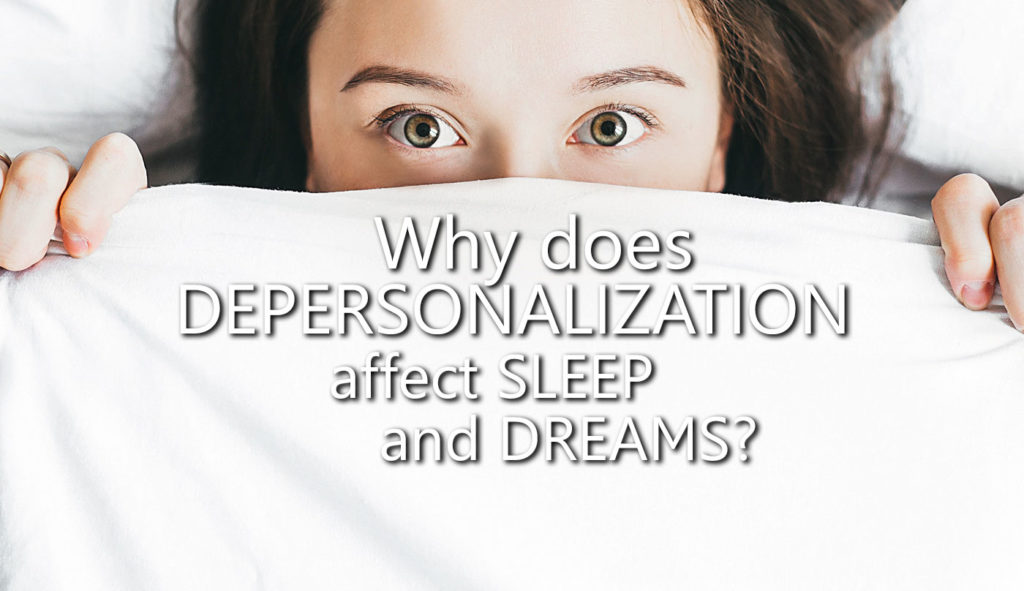
Es stellt sich die Frage, ob auch bei Studierenden der Universität Erlangen-Nürnberg erhöhte Werte, wie sie in der Literatur gefunden werden, nachweisbar sind. Hintergrund: Studien der vergangenen Jahre zeigten, dass Stress, Depression, Burnout-Syndrom, Angst und Depersonalisation während des Studiums der Zahn- und Humanmedizin einen besonderen Stellenwert einnehmen. It might be useful to develop programs teaching dental students more adaptive coping strategies before their first patient contact. The students with elevated values showed a higher degree of dysfunctional coping.Ĭonclusion: Our results obtained with the screening instruments are in line with the results of previous investigations of other authors and point out the importance of this issue.

The scores decreased in the course of 3 semesters of dentistry. The difference was especially pronounced on the depersonalisation scale (CDS-9), with 20.4% of the dental students, but only 5.5% of the medical students showing scores above a cut-off of 19. Results: Descriptive statistics showed higher pathological values in dental students than in medical students. Demographic data and the following screening instruments were used: Maslach Burnout Inventory (MBI), Cambridge Depersonalisation Scale (CDS-9), Hospital Anxiety and Depression Scale (HADS), Brief COPE.

Methods: The data collection took place in April 2008 including 182 dental and medical students of the 4 th and 5 th academic year at the University of Erlangen-Nuremberg. Furthermore, particularly coping strategies were investigated. We wanted to examine if students of the University of Erlangen-Nuremberg also would report elevated values as can been found in similar publications. Background: Previous studies found that stress, depression, burnout, anxiety, and depersonalisation play a significant role amongst dental and medical students.


 0 kommentar(er)
0 kommentar(er)
